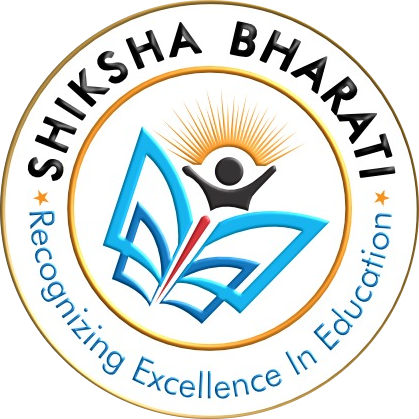The paradigm shift
The new educational challenges posed by COVID-19 pandemic, particularly pushing every student behind the screens for education, manifested as an urgent call to restructure the curriculum for greater accessibility. The integration of technology into education became a top priority overnight to address the restrictions on physical schools. Several other learning gaps were recognized, posing a pressing need for an education policy to cater to the pedagogical demands of 21st-century learners.
National Education Policy (NEP) 2020 emerged as the first education policy of the 21st century to address these learning gaps in the education system and foster a more inclusive and accessible education model. It’s over all thrust of curriculum and pedagogy reform across all stages will be to move the education system towards real understanding and learning how to learn. The goal will be to create a holistic and well –rounded individual equipped with key 21st –century skills.
This shift in educational priorities is not just about adapting to new circumstances but also about reimagining the very framework through which students learn, develop and are evaluated. Academic performances in the report cards only reflect a limited purview of a student’s overall development. Schools now are encouraged to work with children on all aspects for holistic development within a well-defined 5+3+3+4 pedagogical structure, as laid down by NEP 2020.
The first phase, Foundational Stage (in two parts, that is, 3 years of Anganwadi/pre-school + 2 years in primary school in Grades 1-2; both together covering ages 3-8) prioritizes play-based learning; the Preparatory Stage (Grades 3-5, covering ages 8-11) is designed to nurture curiosity and practical knowledge; the Middle Stage (Grades 6-8, covering ages 11-14) focuses on honing critical thinking and problem-solving abilities; and finally the Secondary Stage (Grades 9-12 in two phases, i.e., 9 and 10 in the first and 11 and 12 in the second, covering ages 14-18) to offer a multidisciplinary choice-based learning that allows students to explore and specialize according to their interests.
‘Shiksha Bharati Survey’, by CSR Times, draws attention to the theme of “how successful education models adopted by schools contribute to transforming the education system of India at large and effectively materialize the SDG 4 by 2030”.
The 12 award categories are thoughtfully crafted to encapsulate comprehensive assessment rubrics that the NEP 2020 demands from schools to create a more inclusive, equitable, technology driven, and vibrant education system that prepares students for the future.


